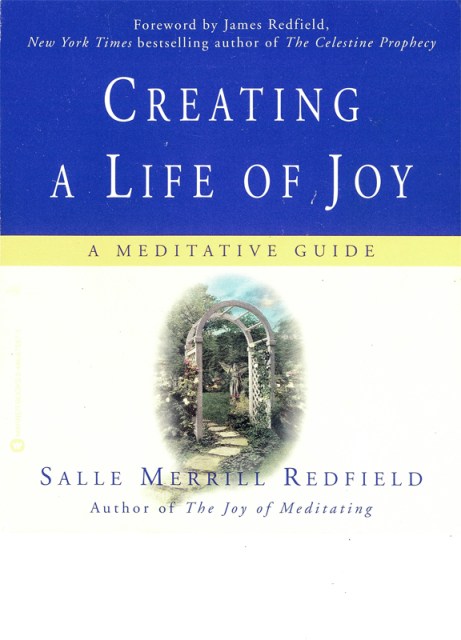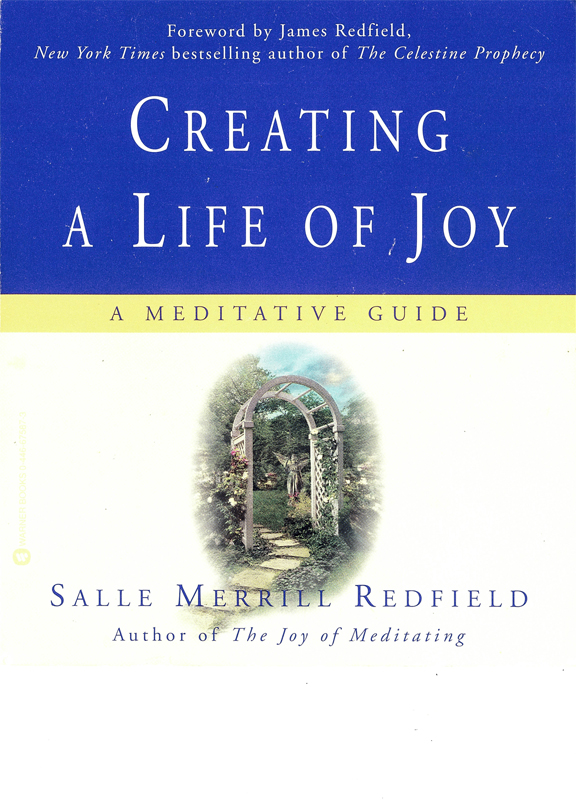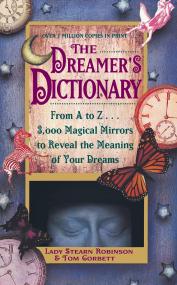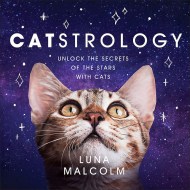By clicking “Accept,” you agree to the use of cookies and similar technologies on your device as set forth in our Cookie Policy and our Privacy Policy. Please note that certain cookies are essential for this website to function properly and do not require user consent to be deployed.
Creating a Life of Joy
A Meditative Guide
Contributors
By Salle Merrill Redfield
Formats and Prices
- On Sale
- Nov 29, 2009
- Page Count
- 160 pages
- Publisher
- Grand Central Publishing
- ISBN-13
- 9780446571067
Price
$8.99Price
$11.99 CADFormat
Format:
- ebook (Digital original) $8.99 $11.99 CAD
- Audiobook Download (Unabridged) $18.99
This item is a preorder. Your payment method will be charged immediately, and the product is expected to ship on or around November 29, 2009. This date is subject to change due to shipping delays beyond our control.
Buy from Other Retailers:
Newsletter Signup
By clicking ‘Sign Up,’ I acknowledge that I have read and agree to Hachette Book Group’s Privacy Policy and Terms of Use






